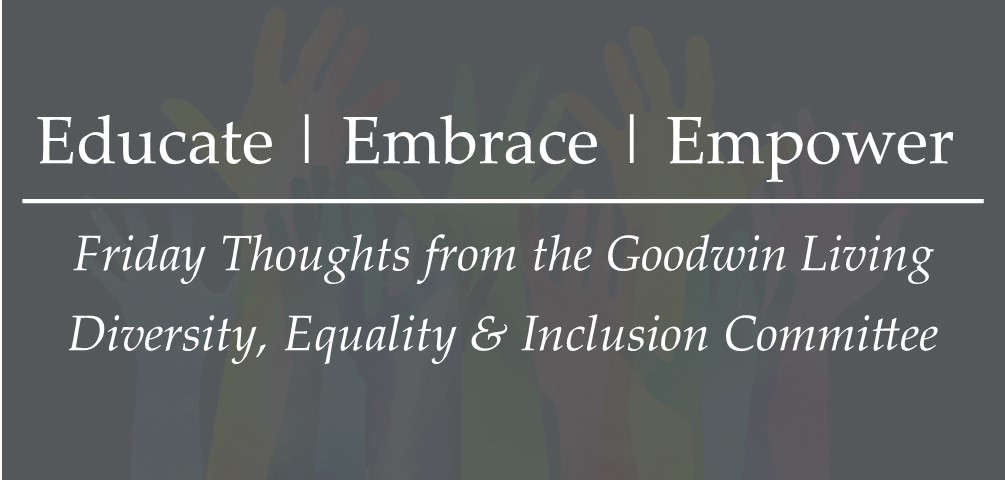
Diversity Equity Inclusion & Belonging - July 14, 2023
by Merrily Wolf
While the world is learning to accept and give access to people with visible disabilities there is another group of people living in plain sight who are struggling. Not everyone with a disability looks disabled. An estimated 10% of the population has an invisible disability (Disabled World). The stigma is still strong enough that 88% of those who have an invisible disability have negative views on disclosing their conditions (BBC Worklife 2017). I was asked to write about these people.
Possibly I was asked to write this because I am coping with the long-term damage and adapting to injuries from an accident caused by a drunk driver. Or it could be because I have food allergies, which makes attending functions or even meetings difficult or isolating. I also have people in my life who are dealing with ADHD, anxiety, depression, etc. These are all things you cannot see.
Talking about invisible disabilities can be scary when you feel like you could lose your employment, not be hired, be thought of as less, or be isolated. We try to advocate for ourselves but there is apprehension. Learning to listen to people’s requests for help and not dismiss their needs creates a sense of belonging.
When Theresa asked me to write this, she knew about my experiences with those disabilities. She did not know she was asking someone with Dyslexia to publicly write about something I have had to continually overcome. Learning to pronounce words is not easy between regional, social, and ethnic dialects and conflicting language rules. This carries over into spelling. Spelling and grammar check have helped me far more than the unhelpful “look it up in the dictionary.” The thesaurus has been the most helpful tool for me. Webster standardizing spelling with his dictionary has not been helpful for me and some others. Before his work you could use “fish,” “phish,” or “ffish” interchangeably.
His obsession with creating rules and a pattern where there are none could be viewed as Obsessive Control Disorder. His work does show how “thinking differently” can be a blessing. Writers today are able to have their works read and easily understood by millions because of Webster’s standardization. People who think or see things differently have created so much art and technology. Their discoveries have made our world better.
I’ve discussed just a few of the invisible disabilities people live with. There are so many more. You never know what someone else is dealing with. Most people develop their own coping mechanisms. With improvements in medicine, therapies, technologies, and awareness things are getting better.
The American with Disabilities Act applies to visible and invisible disabilities. It is helping to provide accessibility in workplaces and public areas. Basic accommodation can make a huge difference. Depending on the disability, things such as larger font, types of seating, a padded mat to stand on, labeled food, strobe light warnings, special computer mice, keyboards, or monitors, etc. can improve inclusion. Compassion and empathy also go a long way.
Before planning an event, think about who will be attending and how to make it better for everyone. You might consider adjusting the menu, planning some quiet time or providing a quiet space to retreat to, turning up or down the lighting, or adding or limiting other things in the venue.
We all have strengths and weaknesses. Let’s try not to make assumptions. And let’s support each other!
Start by learning more about Invisible Disabilities:
______________________________________________________________________
Goodwin Living DEI Committee: Statement of Purpose: Educate, Embrace and Empower team members, residents, members* and all served by Goodwin Living to support Diversity, Equality and Inclusion.
Goodwin Living DEI Committee Desired Outcome: The Diversity, Equality and Inclusion Committee (DEI) will seek open and honest communication and collaboration that will inform and celebrate the age, culture, ethnicity and sexual orientation of team members, residents, members* and all served by Goodwin Living without bias.
Questions or comments? Please contact us DEI@GoodwinLiving.org.
*Members include Priority Club members and Goodwin Living at Home members.
